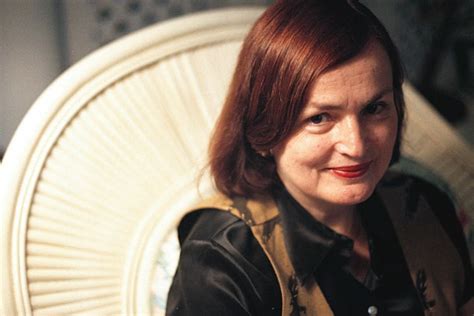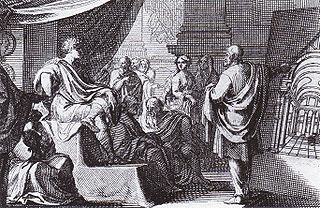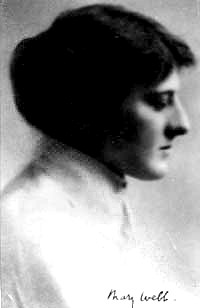A Quote by Andrew Jackson
When death comes, he respects neither age nor merit. He sweeps from the earthly existence the sick and the strong, the rich and the poor, and should teach us to live to be prepared for death.
Related Quotes
What I mean by Socialism is a condition of society in which there should be neither rich nor poor, neither master nor master's man, neither idle nor overworked, neither brainslack brain workers, nor heartsick hand workers, in a word, in which all men would be living in equality of condition, and would manage their affairs unwastefully, and with the full consciousness that harm to one would mean harm to all - the realisation at last of the meaning of the word 'commonwealth.'
Fear destroys intimacy. It distances us from each other; or makes us cling to each other, which is the death of freedom.... Only love can create intimacy, and freedom too, for when all hearts are one, nothing else has to be one--neither clothes nor age; neither sex nor sexual preference; race nor mind-set.
Death is the twin of love and mother of us all, she struggles equally for men and women and never accepts differences of caste or class. It's death that quickens us and brings us forth on sheets of love, clasped between sleep and wakefulness and barely breathing for a spell, and thus my death shall be like everybody else's death, as majestic and as pathetic as a king or a beggar's, neither more nor less.
We do not know whether it is good to live or to die. Therefore, we should not take delight in living, nor should we tremble at the thought of death. We should be equiminded towards death. This is the ideal. It may be long before we reach it, and only a few of us can attain it. Even then, we must keep it constantly in view, and the more difficult it seems of attainment, the greater should be the effort we put forth.
We tend to suffer from the illusion that we are capable of dying for a belief or theory. What Hagakure is insisting is that even in merciless death, a futile death that knows neither flower nor fruit has dignity as the death of a human being. If we value so highly the dignity of life, how can we not also value the dignity of death? No death may be called futile.
Death is not a blotting-out of existence, a final escape from life; nor is death the door to immortality. He who has fled his Self in earthly joys will not recapture It amidst the gossamer charms of an astral world. There he merely accumulates finer perceptions and more sensitive responses to the beautiful and the good, which are one. It is on the anvil of this gross earth that struggling man must hammer out the imperishable gold of spiritual identity.
Only look to Jesus. He died for you, died in your place, died under the frowns of heaven, that we might die under its smile. Regard neither unbelief nor doubt. Fear neither sin nor hell. Choose neither life nor death. All these are swallowed up in the immensity of Christ and are triumphed over in His cross.


































